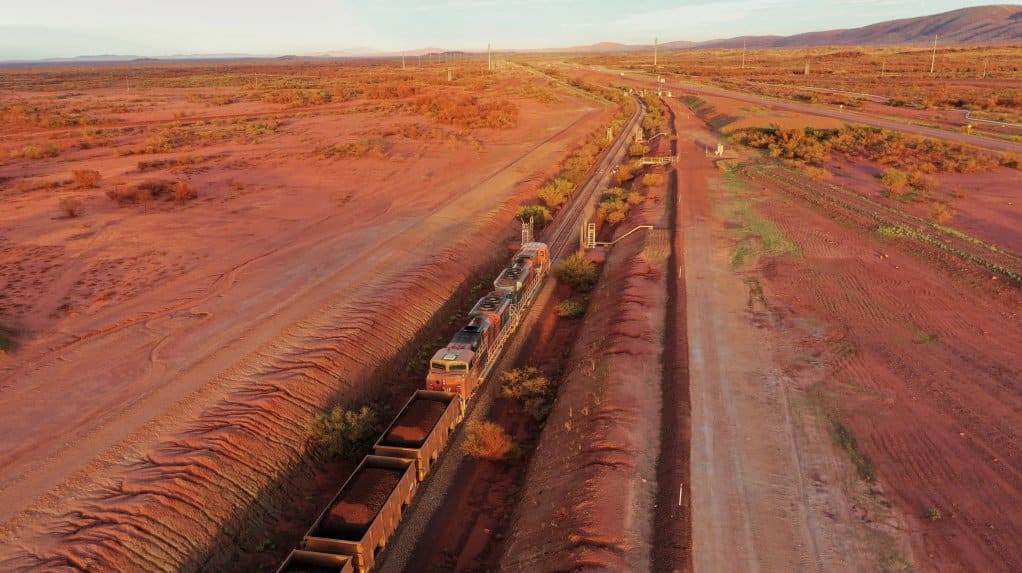Stocks of a type of iron-ore supplied by BHP are piling up at major Chinese ports to the highest levels in three months, with trade stalled as the miner remained in talks with China’s state-run buyer for a new term contract, said sources.
China Mineral Resources Group (CMRG) told steel mills and traders last month not to buy BHP’s Jimblebar fines, the sources said.
As a result, inventories of Jimblebar fines at some Chinese ports have jumped to around 2.6-million metric tons as of October 14, the highest level since July, said two of the sources, adding that the pace of stock-builds accelerated from late September.
Jimblebar fines stocks at North China’s Caofeidian port alone, among China’s busiest for handling the key steelmaking ingredient, rallied by 26% from end-September to 800 000 tons as of October 13, according to one of the sources.
CMRG did not respond to a Reuters’ emailed request for comment. All sources requested anonymity given the sensitivity of the matter.
Jimblebar fines are a type of medium-grade cargo that mills typically use to make sinter ore which is then processed into hot metal for crude steel. BHP owns and operates the Jimblebar mine in Western Australia.
Some mills are not allowed to take delivery of Jimblebar fines cargoes that they bought earlier which have been offloaded at Chinese ports, two of the sources said.
CMRG was set up in 2022 to centralise iron ore purchasing in the world’s largest consumer of the steelmaking ingredient and win better terms from miners.
CMRG and BHP are still negotiating their 2026 term contract, two of the sources said.
“We are in commercial negotiations…we are not aware of an overall BHP product ban,” a BHP spokesperson said in an email in response to a Reuters query.
“Overall demand for iron ore has been very healthy, driven by strong steel production and positive steel margins and we continue to have strong relationships with our customers in China,” the spokesperson added.
The temporary squeeze in Jimblebar fines supply has yet to support prices much as the cargo could be substituted by other products such as Rio Tinto’s flagship Pilbara fines product, and its trading volume is relatively small.
Iron ore prices DCIOcv1 have slid by nearly 2% so far this month weighed down by concerns over prospects of falling demand and growing supply.



